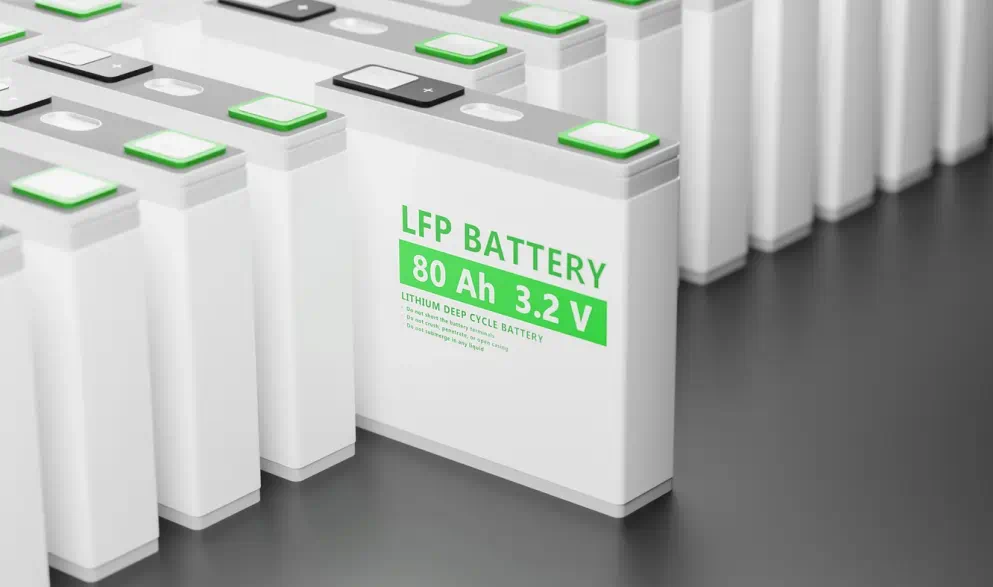European auto giants Mercedes and Stellantis have pressed pause on construction of new battery factories for electric vehicles (EVs) in a move that raises questions about the future of EV production on the continent. The joint venture behind the project, Automotive Cells Company (ACC), claims slowing demand for EVs is the culprit.
This slowdown is debatable. While April did see a slower growth rate for EVs compared to previous months, sales still rose 14.8% year-over-year, exceeding the growth rate of non-electric vehicles. The bigger concern, according to ACC, is the projected growth in the mass-market EV segment, a market Western automakers haven’t traditionally focused on. This segment, however, is being actively targeted by Chinese manufacturers, particularly in Europe.
This decision by ACC is concerning. The transition to sustainable transportation requires acceleration, not deceleration. We need more EVs, and we need them faster. Pausing construction delays progress.
However, there might be a silver lining. Reports suggest ACC is considering a switch to lithium iron phosphate (LFP) battery cells. LFP cells offer several advantages: lower cost, higher durability, and simpler material sourcing. Their drawback? Lower energy density compared to Nickel Manganese Cobalt (NMC) cells, the current industry standard.
Previously, longer range was a key selling point for EVs, leading to a focus on NMC cells. But consumer needs are evolving, and LFP cells are finding their way into entry-level models to bring down costs. This strategy has been particularly successful for Chinese automakers, allowing them to undercut Western competition.
With the EU threatening tariffs on LFP battery (the US already has them in place), on-shoring production becomes crucial for ACC to compete in the mass market. These tariffs, while misguided, could incentivize domestic automakers to build a new LFP production base, ultimately achieving their intended effect – a stronger domestic industry.
In conclusion, ACC should reconsider their pause based on questionable demand data. However, a shift towards LFP cells seems like a prudent move, especially considering China’s dominance in LFP production and the ever-present cost barrier for EVs.
Reference- Bloomberg, CBS News, Electrek, Inside EVs
